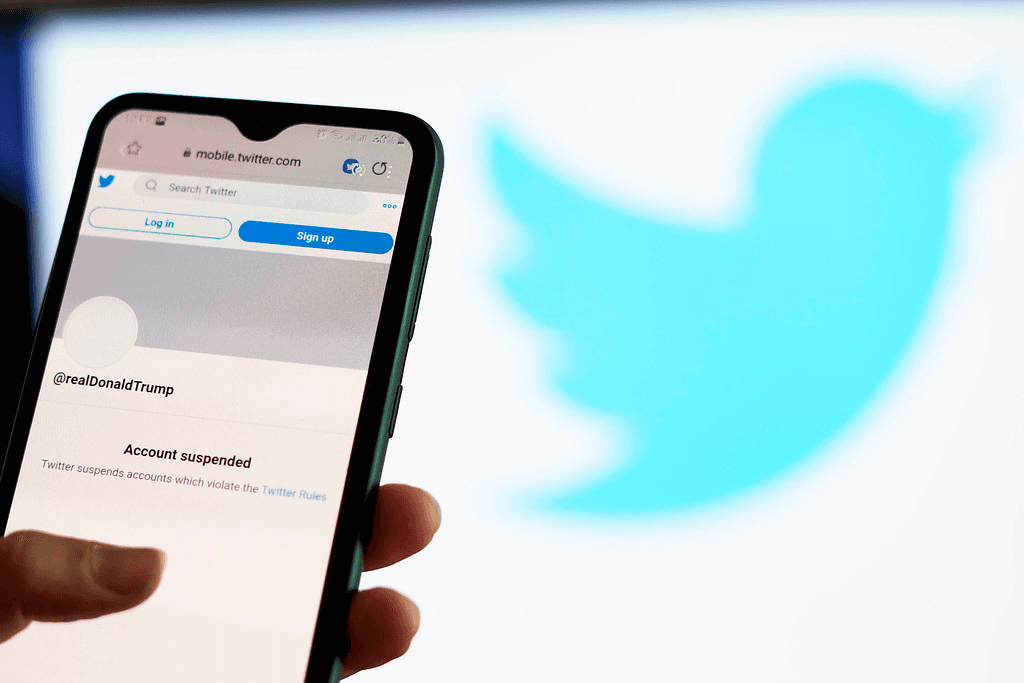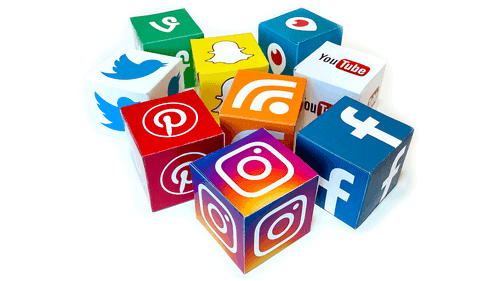Social Media Platforms
This history section will dive into the major social media platforms that have emerged throughout history and their significance to the political debate.
Start of Social Media

2003
Myspace was a free social networking website created in 2003 that allowed users to create profile pages that feature photographs, express their interests, and link to other people’s profiles. The first of its kind to gain massive popularity, Myspace was typically used to keep in touch with people, “meet” new friends, or find potential romantic partners. Members must be at least 13 years old to use the site, demonstrating the adoption of age restrictions on social platforms.

2004
Vimeois a video platform that gives professionals, artists, businesses, and organizations everything they need to make and market video content. A precursor to the widely popular YouTube, Vimeo's free social media video maker makes it simple to edit and share videos online.
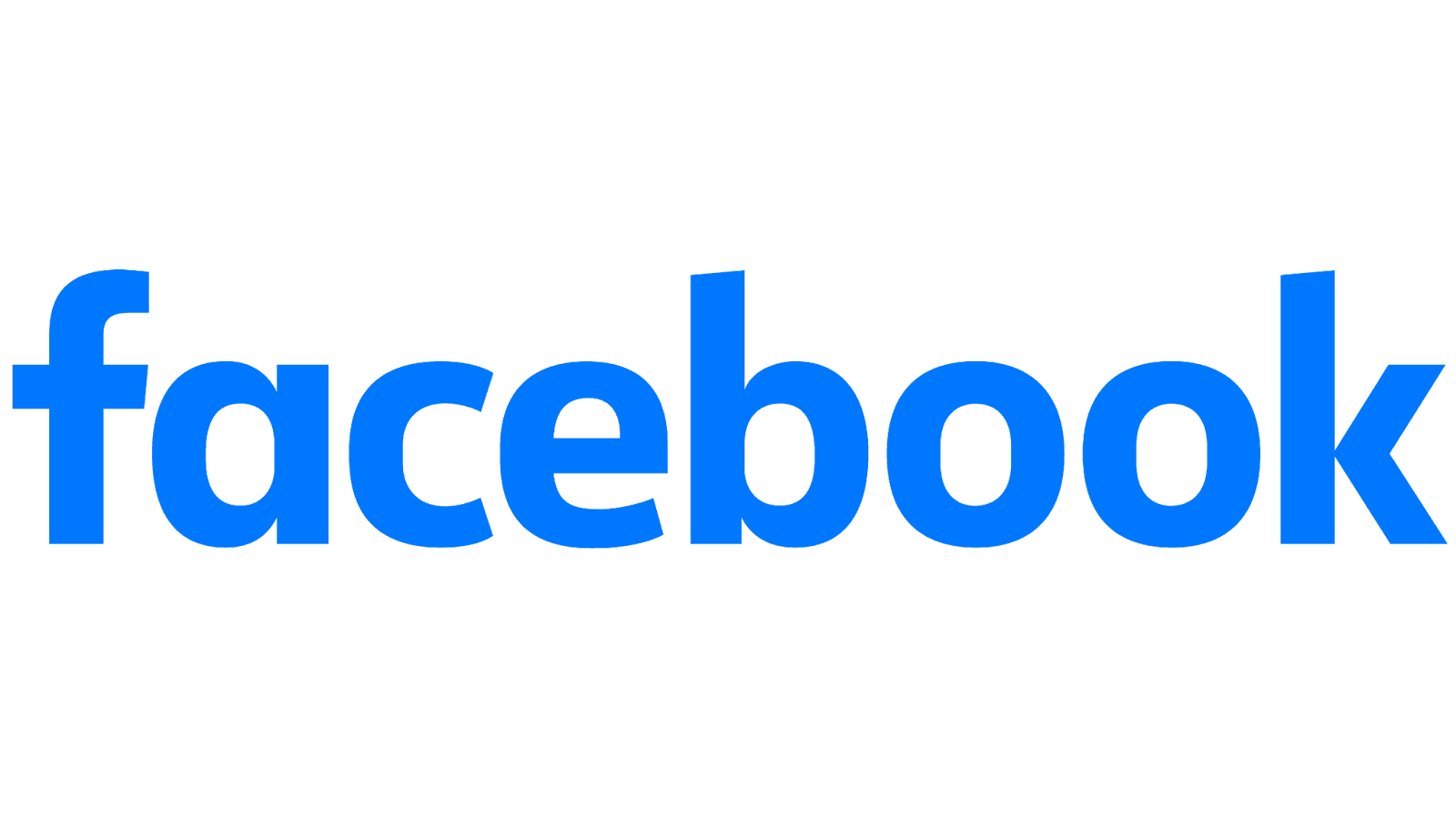
2004
Facebook allows users to connect with friends, colleagues, or strangers online. Users can share pictures, music, videos, and articles on the platform, as well as their thoughts and opinions on their profiles. The platform has over 2.59 billion monthly active users, making it one of the most popular social networking sites worldwide. Over the years, Facebook has been the focus of many political conversations, from censorship to election interference. Facebook’s Transparency Center outlines its strike policy to help users follow its guidelines. The platform gives users a strike whenever they post content violating its ToS. However, these strikes expire after a year, allowing loopholes for accounts to avoid suspension or bans.
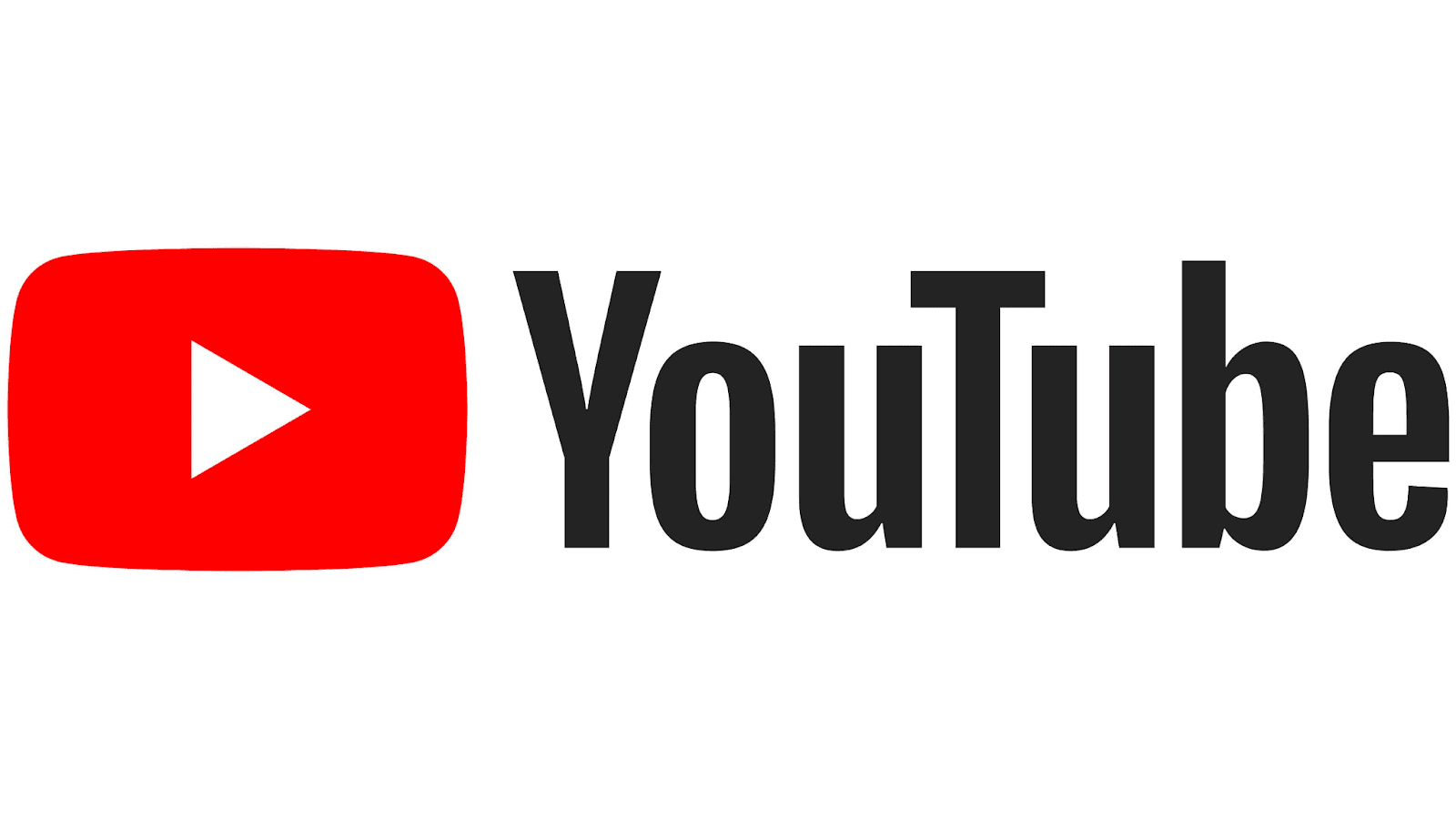
2005
YouTube is an online video sharing and social media platform launched in February 2005 currently owned by Google. YouTube is the second most visited website, with more than one billion monthly users. As of 2020, users upload more than 500 hours of content per minute to YouTube. YouTube has a substantial impact on popular culture, internet trends, and the creation of celebrities. With such global influence and power, debates around the type of content allowed have sparked political controversies.

2005
Reddit is a social news aggregation, web content rating, and discussion platform. Users can submit content to the site in text posts, images, links, or videos that users then upvote or downvote. If a post gets a significant amount of upvotes, the post then moves up the Reddit rankings so that more users can view it. Website posts are organized by subject into “subreddits,” or user-created boards that span a variety of topics, including politics, news, movies, video games, sports, pop culture, and more. Since its debut, other political information-sharing platforms have mimicked this structure. As of 2021, Reddit was the seventh most visited website in the United States.
Modern Social Media
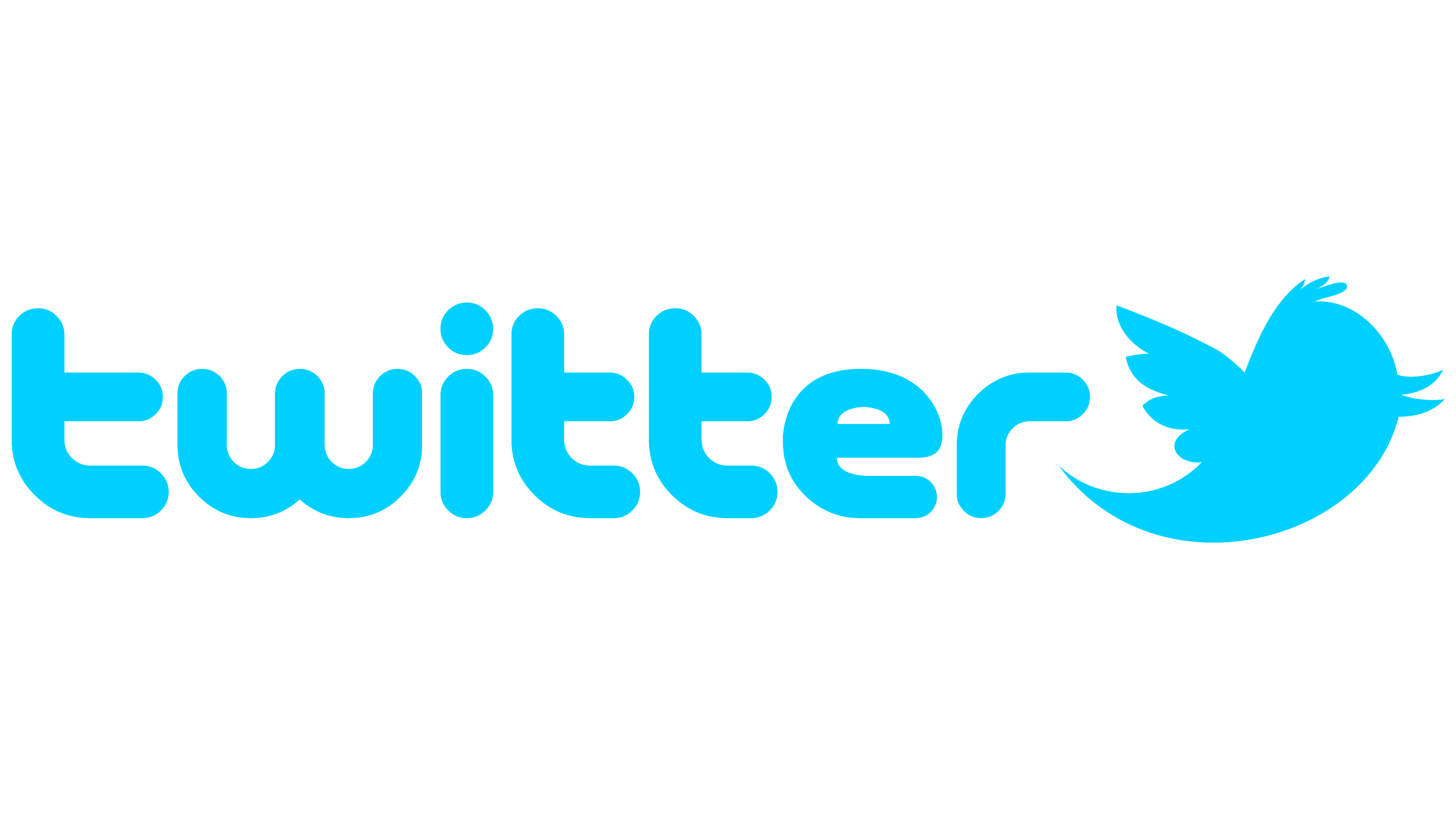
2006
Twitter is a microblogging and social networking service where users make character-limited posts called tweets. The short-form posts are what makes Twitter unique compared to other platforms. Twitter has become the most politically charged social media platform due to the prominence of President Donald Trump and subsequent politicians on the site. Tweets from political actors have been headlines of major news stories, altered the state of public affairs, and sparked intensifying political conversations. The ability for users to rapidly give short opinions on trending topics has fueled many modern political debates. Due to this rapid nature, Twitter has attempted to stop the spread of misinformation by creating a strike policy. One strike acts as a warning, while five or more can lead to temporary or permanent suspension of an account.
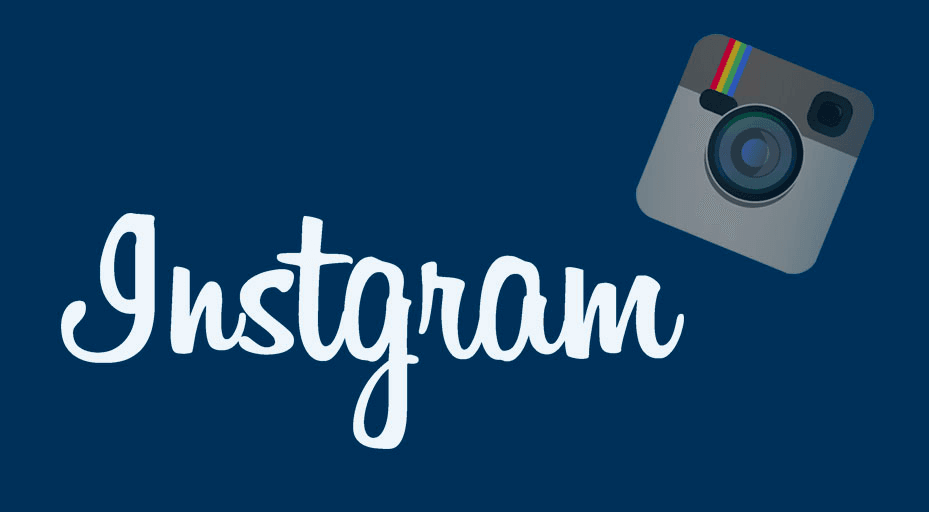
2010
Instagram is a video and photo-sharing social media network that allows users to edit and upload photos and short videos through a mobile app. Users only see images and videos on the app and can follow others and like, comment, and share their content while building their brand image. Instagram was first called Burbn, and the app was centered around checking into locations; photos were largely an afterthought. However, once Instagram pivoted to photography, the app’s popularity exploded, gaining over one million users in under two months. Now Instagram has roughly one billion users, making it one of the most widely used social media platforms worldwide. Instagram is particularly popular among youth, as almost 60% of internet users between 18 and 29 have an Instagram account. Facebook now owns Instagram, and many of the site features are connected cross-platform.
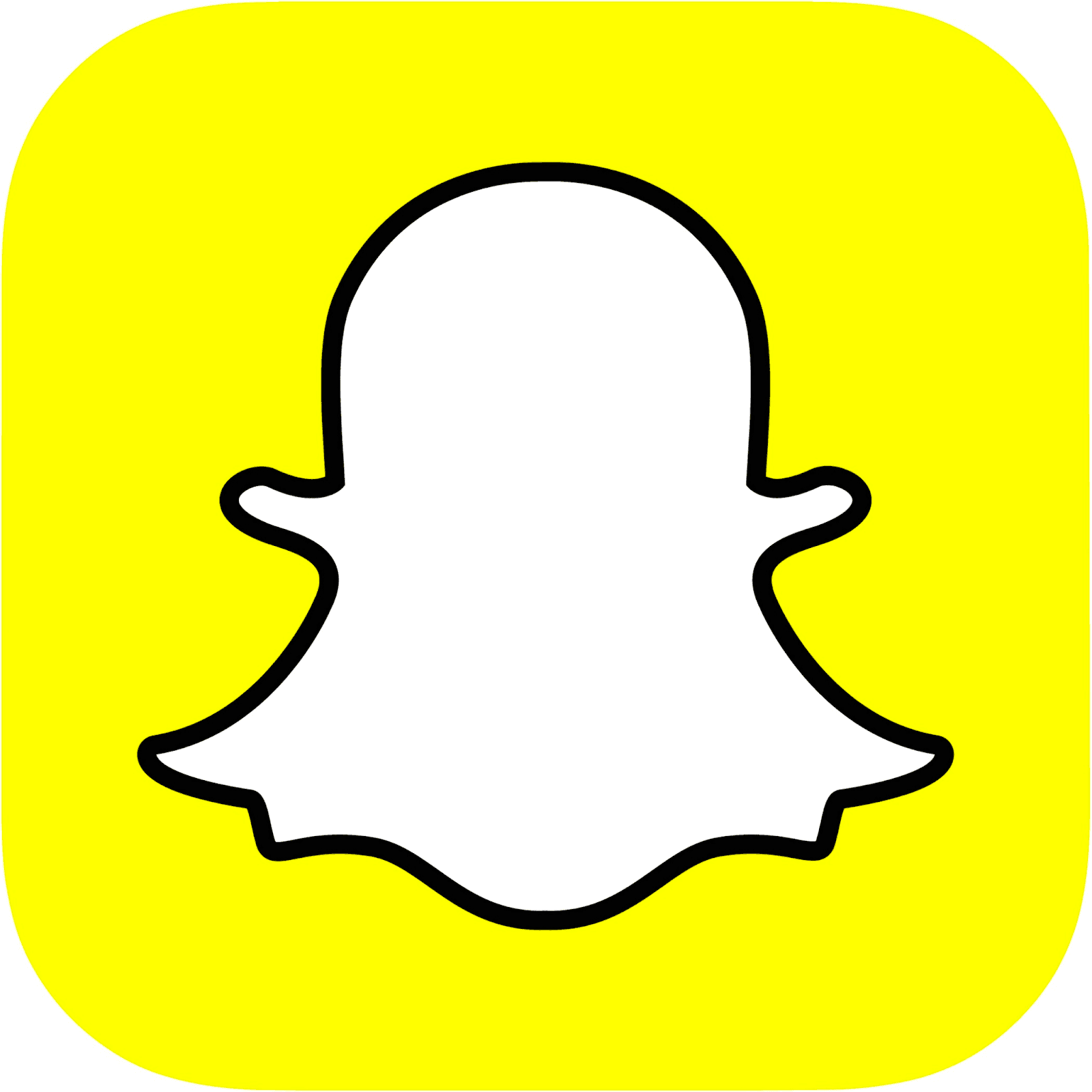
2011
Snapchat is a multimedia instant messaging app that allows users to exchange photos and videos that usually disappear after the recipient views them. Snapchat also allows users to put filters, lenses, or other effects on their pictures or videos and share them with friends. The United States has the most extensive Snapchat user base globally, with over 105.25 million users.
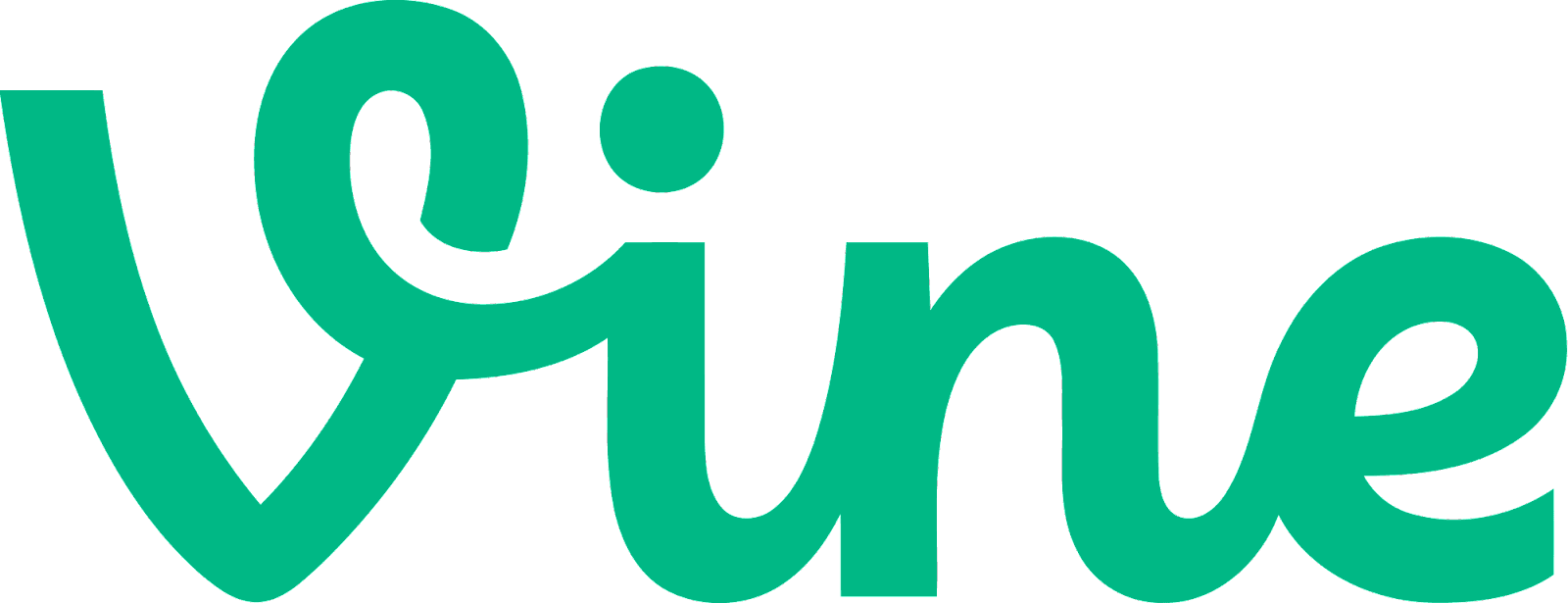
2012
Vine was a social networking short-form video service where users could share six-second-long, looping video clips. Vine shut down in October 2016 because of financial hardships and its inability to support its content creators due to high levels of competition.
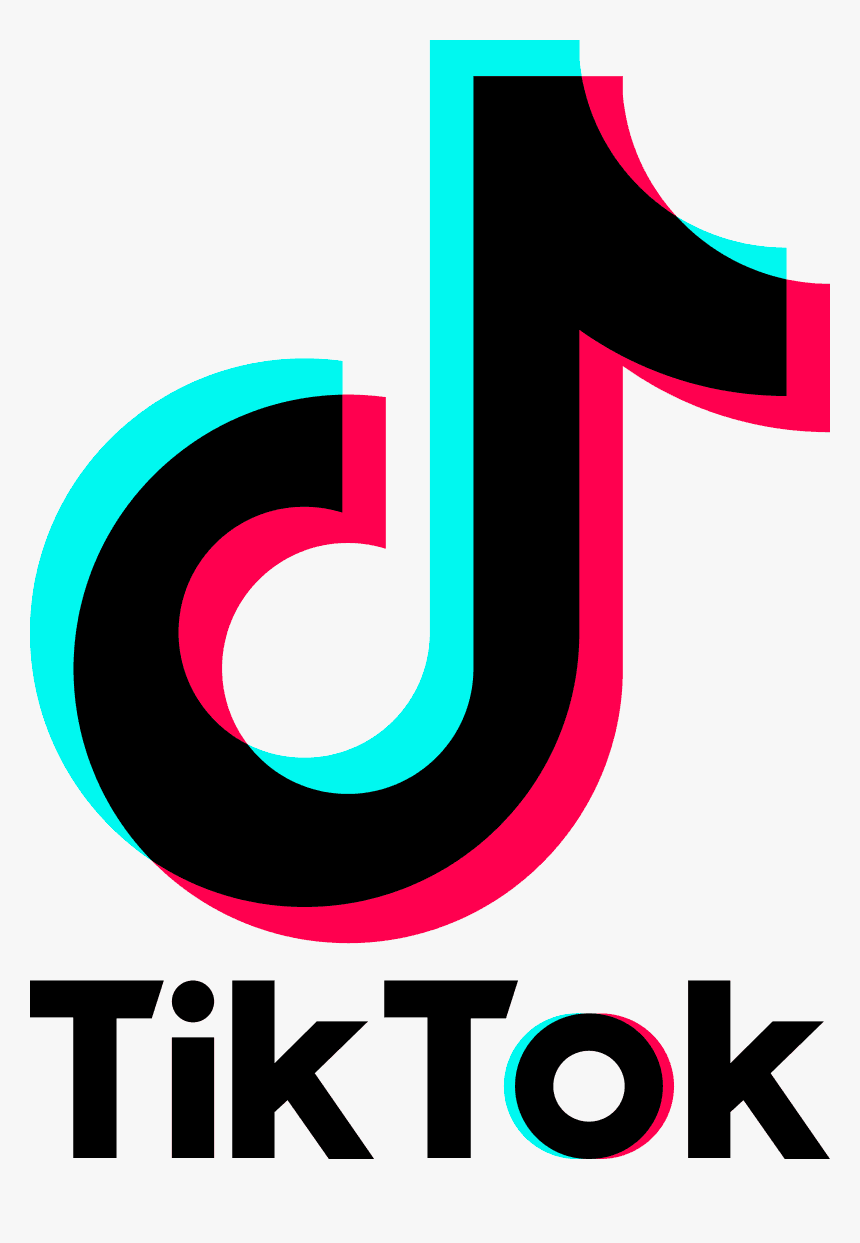
2016
TikTok is a short-video platform where users can post videos from 15 seconds to three minutes. The videos range from music and dance to comedy. Many users have taken the chance to use their platform to spread awareness on political issues. TikTok is owned by a Chinese company called ByteDance and received backlash from politicians in 2020, especially President Trump, due to the apparent dangers of stolen personal data.
Rise of Alternative Platforms
Social media sites which are not popularized amongst a general audience as of 2020.

2013
Rumble is a Canadian video-sharing website that many right-leaning individuals are attracted to due to the lack of content censorship. The platform uses fewer algorithms to recommend content than larger platforms like YouTube and Facebook and shows posts in chronological order. The platform has gained significant exposure since the 2020 Election, and many figures on the Right, like Donald Trump Jr, consistently promote the network. Rumble recently partnered with President Trump’s Truth Social to provide video streaming, and purchased Locals.
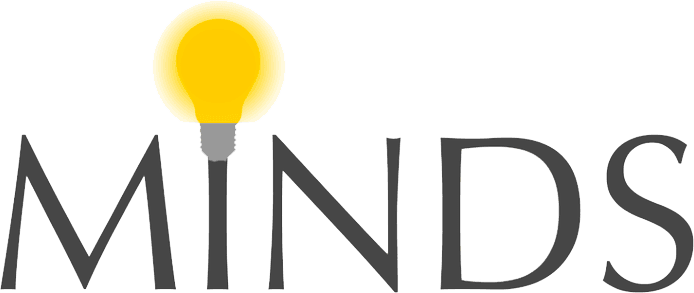
2015
Minds is an open-sourced and encrypted alternative to mainstream platforms that utilizes a blockchain base. Founded in 2015 by Bill and John Ottman, Minds is a social media network designed to provide security. Minds’ founders have opposed removing hate speech and other objectionable content because they believe censorship blocks the debate against dangerous ideas that would turn people away from extremism. Minds has become a hub for censored views, such as Vietnamese activists who flocked to the site in 2018 due to government crackdowns on political dissent. Minds uses a reverse chronological order system to show posts rather than algorithmic learning of sites like Facebook. Minds is also notable for using a community jury to moderate content rather than artificial intelligence that mainstream social media sites use.
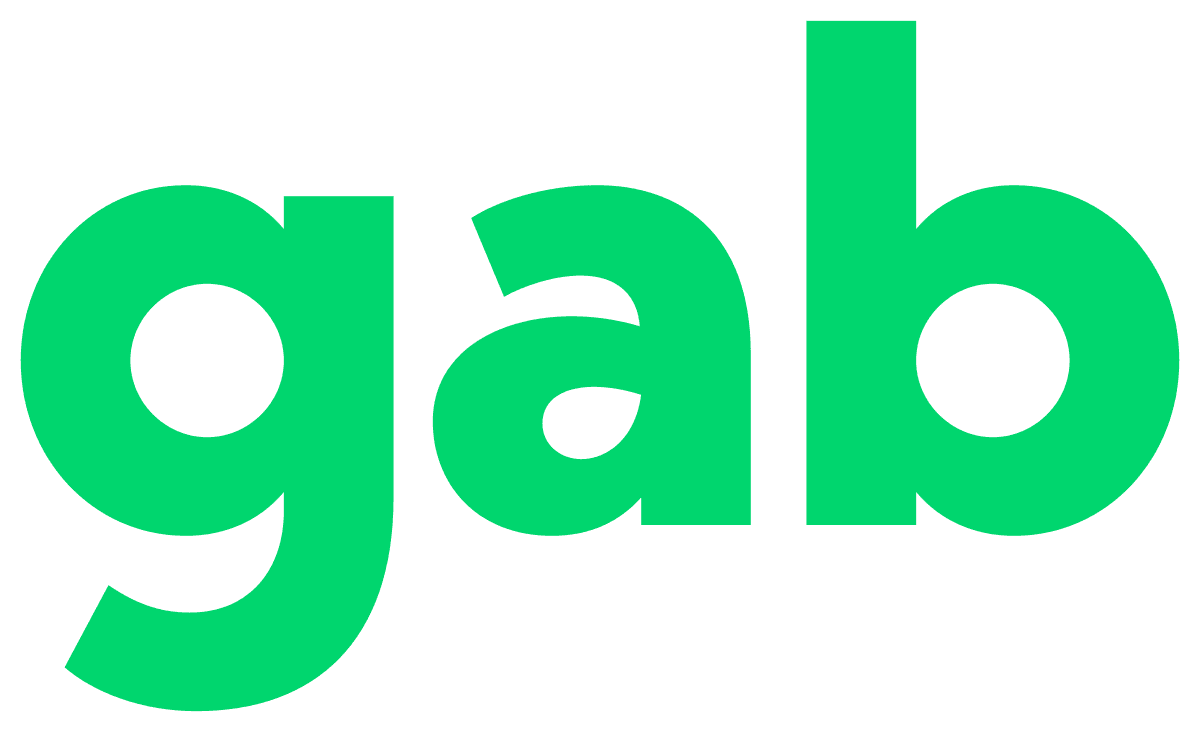
2017
Gabis an American social networking service that aims to promote free speech, individual liberty, and the free flow of information online. As a microblogging platform, Gab maintains an email service, a text messaging service, and a browser extension called Dissenter that allows commenting on third-party websites. Most individuals banned from Twitter will find their way to this platform.

2017
BitChute is a U.K. video hosting platform that acts as another alternative to YouTube with the stated goal of protecting free speech. It is mainly used by individuals banned from other platforms or to re-upload censored video content. BitSchute has received backlash from critics for housing hate speech due to the prominence of British political activist Tommy Robinson.
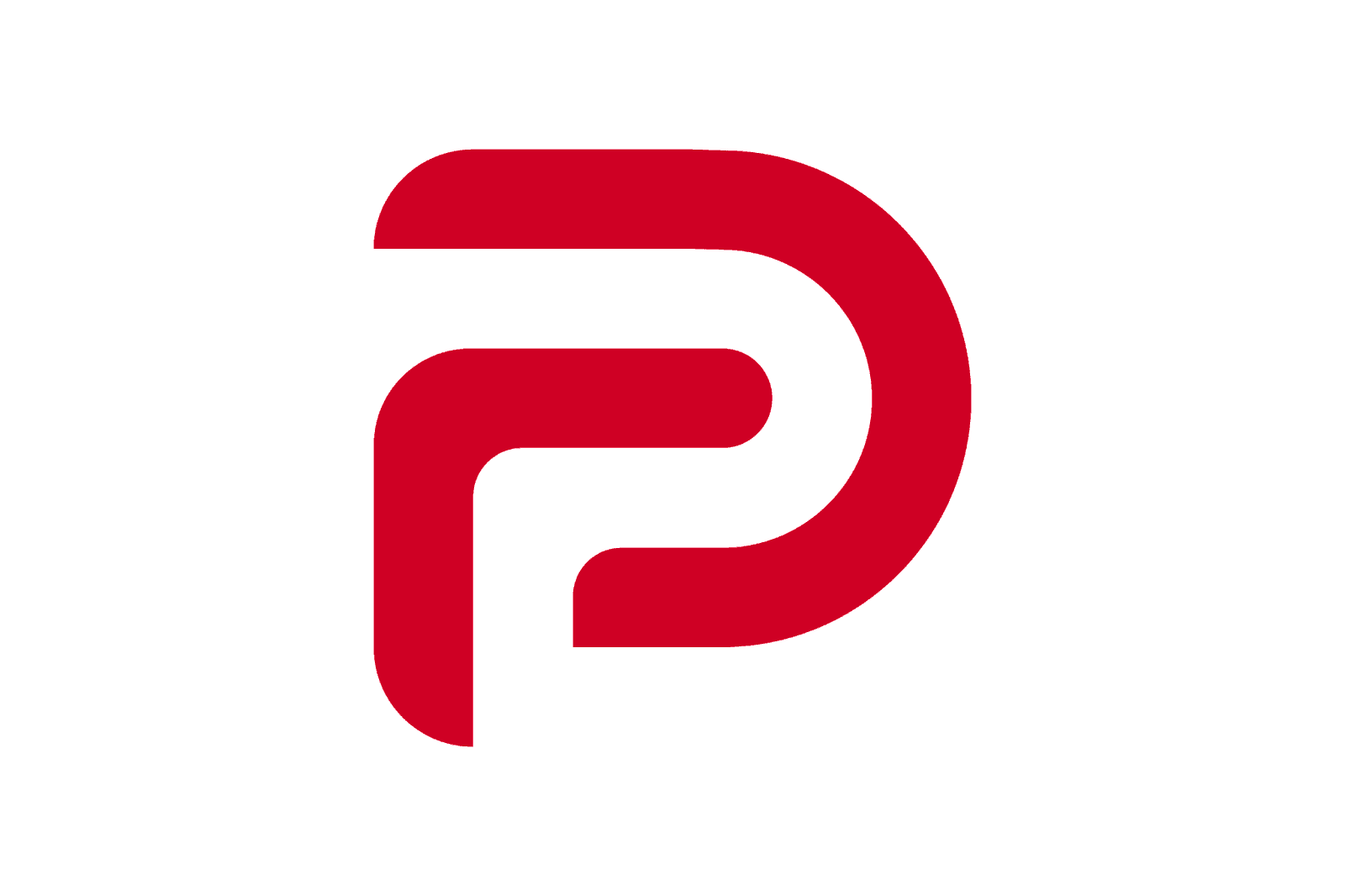
2018
Parler is a social media network that prides itself on free speech and data protection. It is an outlet that appeals to many conservatives who may disagree with the ToS and guidelines of mainstream platforms like Facebook and YouTube. In January 2021, Apple and Google banned Parler from their app stores, and Amazon halted business with the app, citing a “lack of action taken to stop the spread of hate speech and posts that incited violence.” Conservatives link Parler’s takedown to the potential of Trump joining the platform.

2019
Locals is a creator-focused platform that allows content creators to be their own publishers. Political figure Dave Rubin, in collaboration with Jordan Peterson, created the site in response to Patreon banning Carl Benjamin, a political commentator and YouTuber, from its platform. Users create a community by setting guidelines and establishing a subscription price to access exclusive content. Creators will receive money from supporters interacting with and viewing the content. In these “local” spaces, users can decide what they find a bannable offense. Locals was acquired by Rumble in October of 2021.
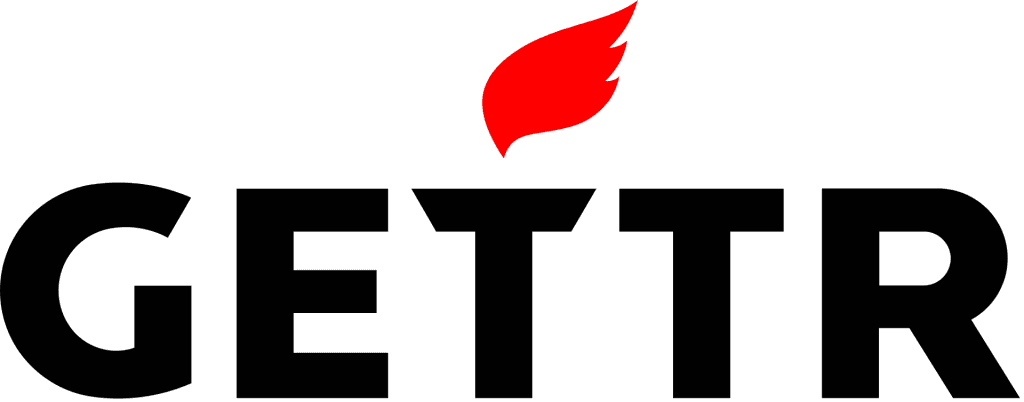
2021
GETTR is a platform created by Jason Miller, a senior advisor to former President Trump, that resembles Twitter. The platform is centered around the idea of free speech, where users can post content without worrying about having it taken down. After its launch in July, the platform experienced several problems, including hackers scraping data, including emails and birthdays from all users.

2021
After social media platforms like Twitter and Facebook banned and suspended former President Trump from their platforms, he decided to launch his own social media platform named TRUTH, aimed at “standing up to the tyranny of Big Tech.” While the platform is about to begin its soft launch to small groups of people, TRUTH is not yet available to use. Those who want to use the app can sign up to register online.
The initial launch of TRUTH was met with some issues, as just hours after its announcement, the platform was hacked, creating concerns about its reliability and security. However, by the end of 2021, TRUTH had partnered with Rumble to provide video streaming services to the site. The goal of TRUTH is to mimic platforms like Twitter and Facebook that former President Trump claims to favor liberal ideals and silence conservatives. The combined efforts of the two platforms Rumble and TRUTH hopes to allow the voices some feel have been silenced unjustly to be heard. Truth Social has launched for 2022 on Apple products.
Content Warning
Social Media sites listed in this section are politically relevant, but due to the limited restrictions on content, posts might include pornography and violence. In addition, malicious actors may exist on these sites that could reveal personal information if a visitor is not careful to remain anonymous. Therefore, use caution if visiting these sites.
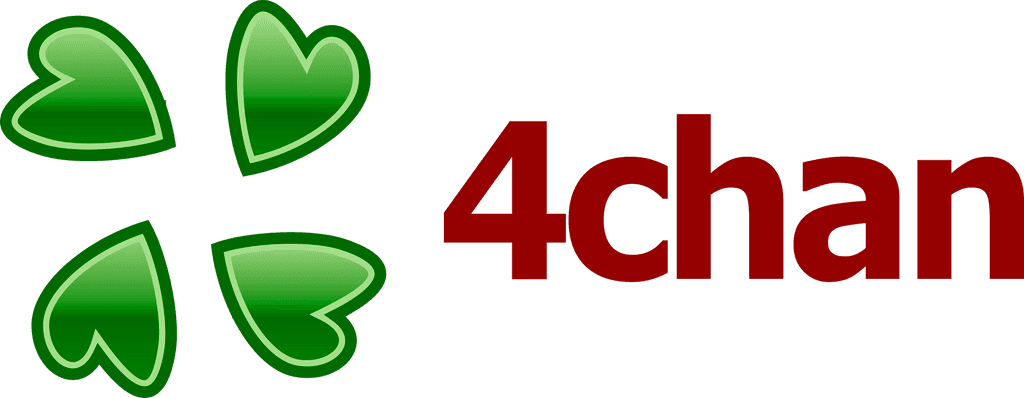
2003
4chan is an anonymous imageboard website created by Christopher Poole in 2003. Initially designed for anime, the platform transitioned into a broader spectrum of individuals attracted to the anonymity 4chan provided. 4chan is subdivided into “/” sections. /b/ (Random) became the most popular, but the site also includes sections like /v/ (Video Games) and most famously /pol/ (Politically Incorrect). In 2016, /pol/ began sharing memes in favor of Trump. 4chan helped birth the hacker movement Anonymous and is very popular among the alt-right. Many /pol/ users were first-time voters for President Trump and sparked the popularity of using the Pepe meme as a political symbol of the anti-establishment movement. Donald Trump Jr. famously tweeted a modified version of The Expendables movie poster titled “The Deplorables” (about a statement made by Hillary Clinton) using this 4chan meme.
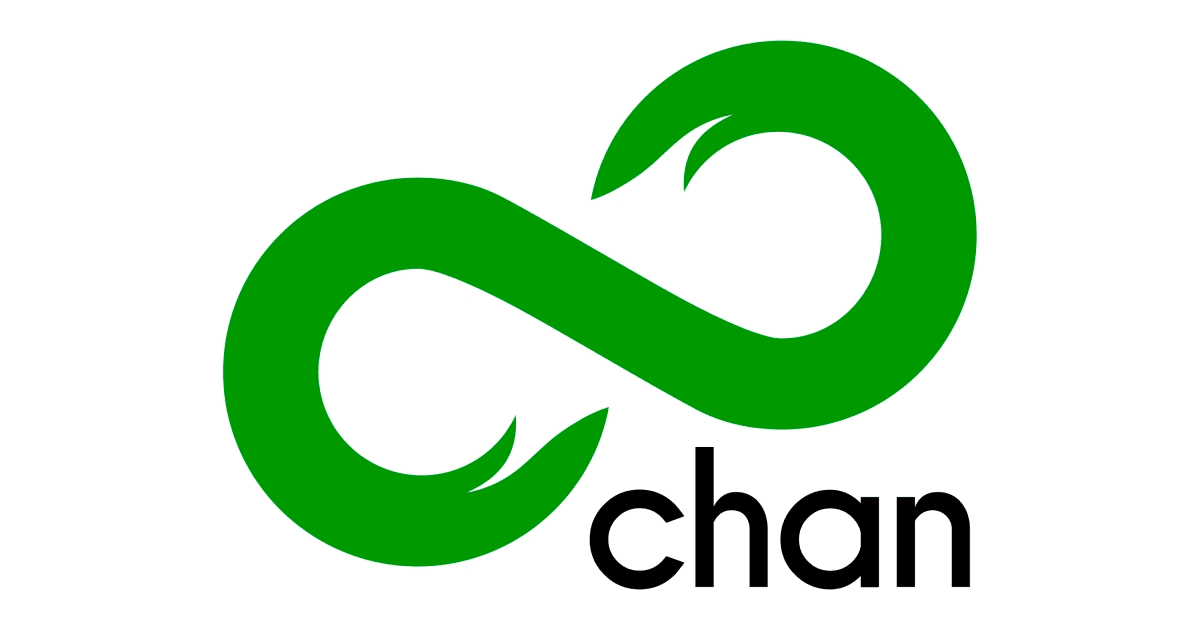
2013
Fredrick Brennan developed 8chan in 2013 as an alternative to 4chan. In his view, 4chan had too many restrictions, and he wanted to create a site where content was less limited. Due to the site’s relaxed rules, it became a prominent hub for neo-nazi content, racism, gore, and child pornography. Google removed 8chan from its search results due to its violent content, and Brennan disassociated himself from the site, handing it off to Jim Watkins in 2016. 8chan became newsworthy as multiple mass shooters were avid users and have posted manifestos to the site. In 2019, a DDoS attack took down the platform, and it has since rebranded itself as 8kun.
Current Events

Algorithms
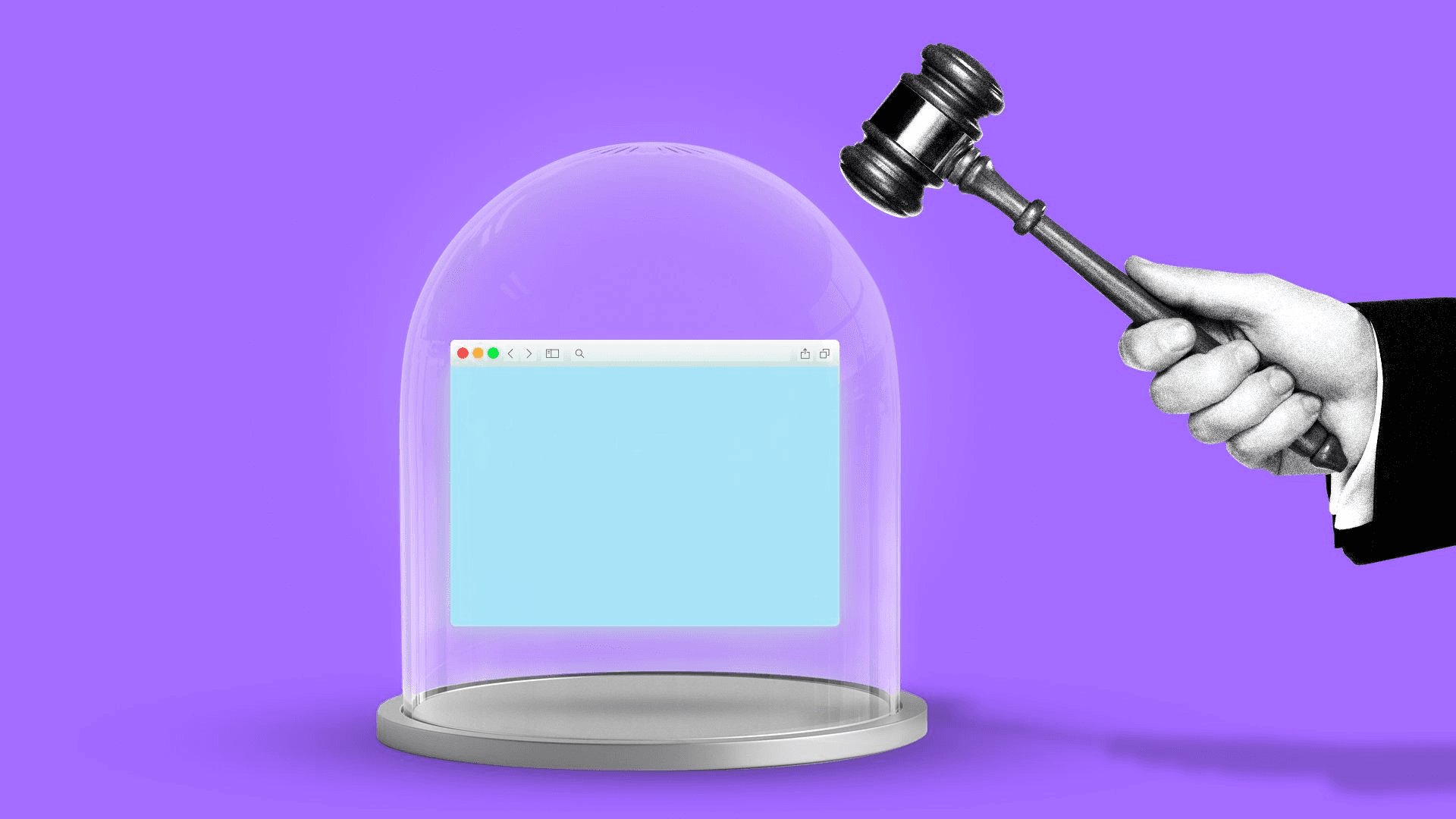
Section 230
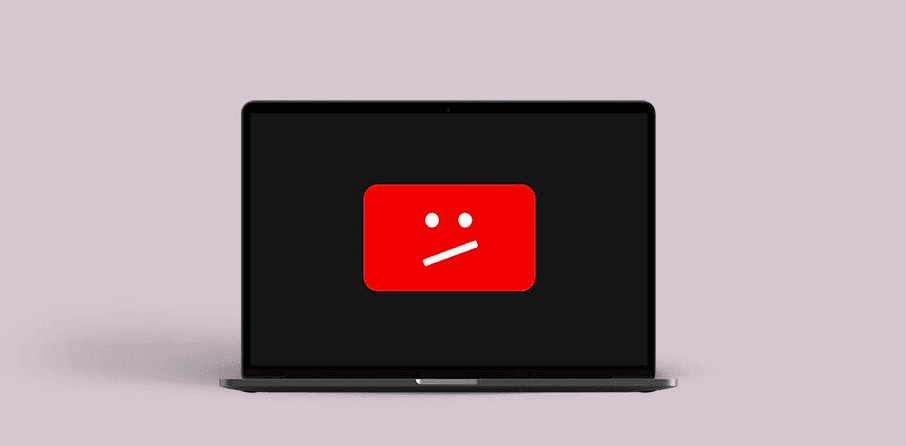
Demonetization
